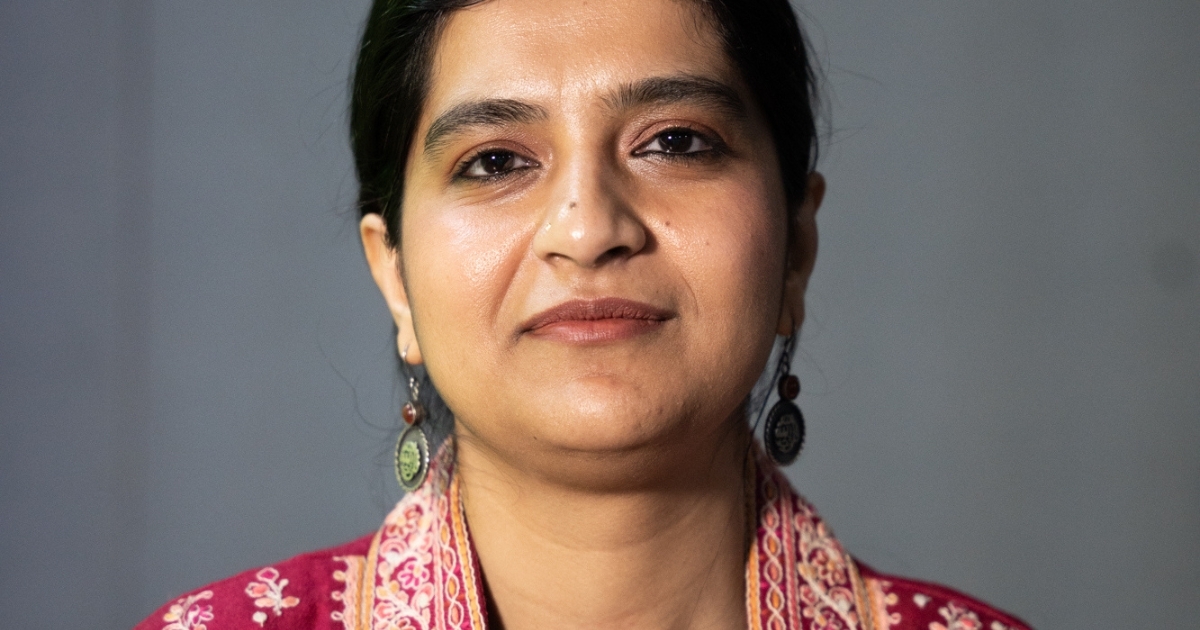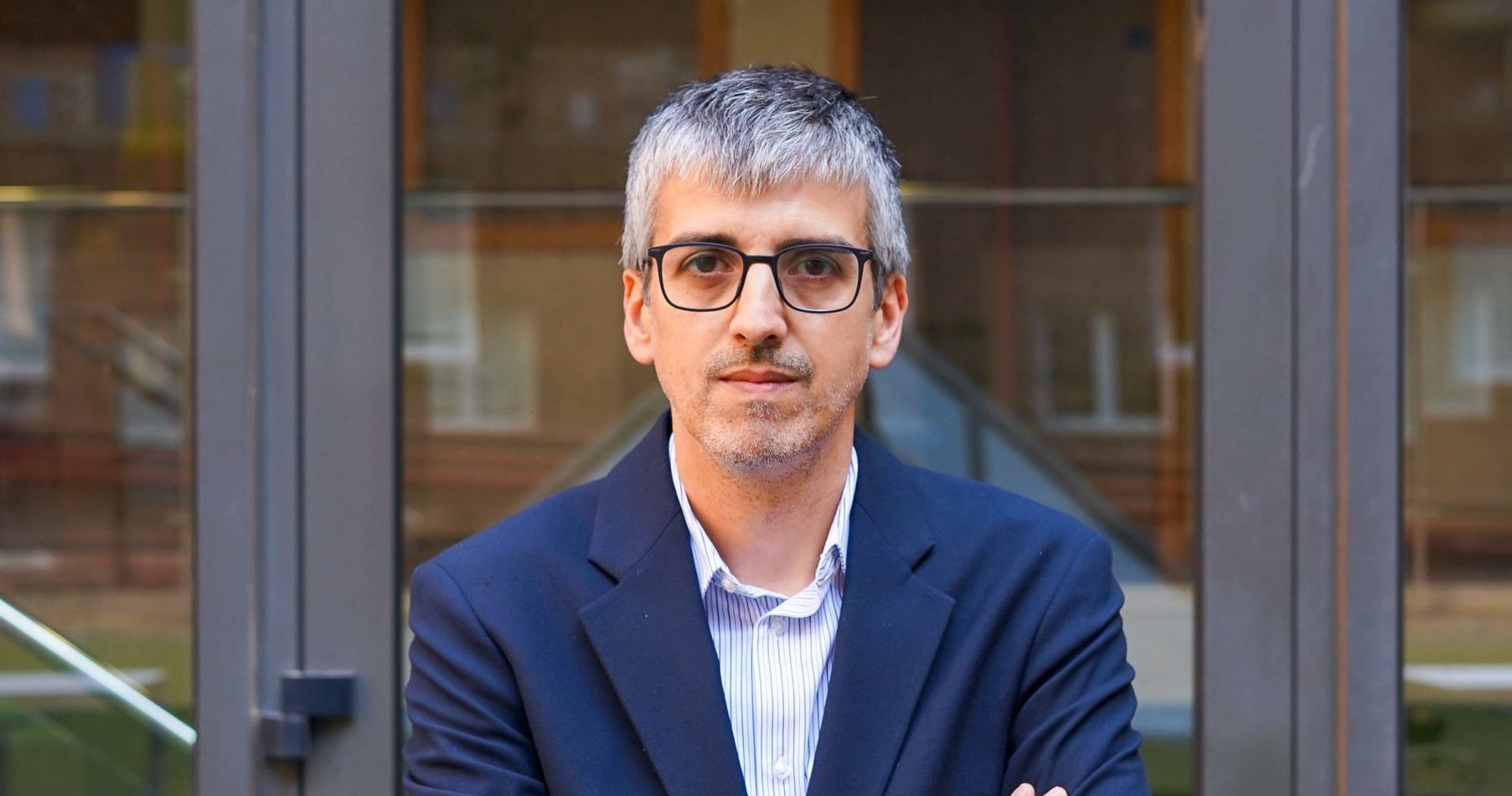Cette publication est également disponible en :
Français
While the profession of perfumer is inextricably linked to the notion of competition, the long, arduous path that leads to it is equally competitive.
As the saying goes, there are probably fewer perfumers in the world than astronauts. Which only goes to show how hard the profession is to get into, and that the road to get there can seem like an obstacle course. “In our profession, perseverance is absolutely key,” underlines Coralie Spicher, studying to be a perfumer at Firmenich.
The first obstacle on the path is getting access to training. For many years, perfumers – the sons of perfumers – trained in Grasse. Then the Institut Supérieur International du Parfum (ISIP) was founded in 1970 in Versailles before changing its name to ISIPCA, and became the place to train. It has since been joined by various other establishments: the Grasse Institute of Perfumery (GIP) in 2002 and the Ecole Supérieure du Parfum (ESP) in Paris (and now Grasse) in 2011. The universities of Nice, Montpellier and Le Havre also offer master’s degrees that can pave the way to the profession of perfumer. Recruitment for each of these courses is highly selective. Firstly because the classes, although there are more and more of them, only comprise a few dozen students, sometimes no more than twelve.
Elitist training courses
Secondly because they are often expensive, with the exception of sandwich courses which offer the advantage of a host company covering the fees. A place on the Creation and Management master’s offered by the ESP costs a tidy 38,100 euros over five years, while students have to find over 30,000 euros for the ISIPCA Scent Design and Creation MSc, 20,000 euros for the school’s European Fragrance and Cosmetics master’s, and 12,900 euros for the International Technical Degree in Fragrance Creation and Sensory Evaluation. These significant – and regularly increasing – sums of money mean most students have to borrow heavily, find paid work while studying on challenging courses, or simply change direction. “Training courses for becoming a perfumer are extremely elitist,” points out Eléonore Beurnier, currently studying at the GIP. She feels that “access needs to be made easier for people who don’t have much money or the right academic path, but who do have a real feeling for olfaction and creation.” She herself came up against another difficulty: the lack of a scientific background.
Perfume goes hand in hand with chemistry, and a scientific qualification is what’s needed to open the door to most training courses. But where does that leave people with more of a literary background? When Eléonore Beurnier, passionate about fragrances and smells, decided to study formulation after an internship at Auparfum and four years spent working as a consultant at the Jovoy boutique in Paris, she realised that the task facing her was a very hard one. “After having studied literature, and obtained a Humanities and Management master’s from Nanterre, sadly I didn’t have many options. But although I was very motivated, I didn’t want to have to get a chemistry degree to study at ISIPCA, or to spend another five years studying with the young students at the ESP,” she explains. She ended up being selected to study at the GIP, which accepts students who have spent five years in higher education studying non-scientific subjects, although the school does have a preference for science students. “In France, I think there’s a need for labels. But I focus on people with different profiles, like Quentin Bisch,” she says. A perfumer at Givaudan and creator of Nomade by Chloé and Angel Muse by Mugler, his degree is not in chemistry but theatre. His hard work paid off and he was admitted to the school run by the Swiss composition house in 2009. He has gone from one success to another ever since.
Limitless persistence
This type of in-house school is very much the best route to becoming a perfumer, even for graduates of the training courses discussed above: perfume creation companies offer free training places to a handful of students each year in exchange for an exclusive contract tying them to the company for several years. At Symrise, for instance, future perfumers benefit from four years’ training, when they can perfect their knowledge of the fundamentals, increase their skills and learn about the different categories (fine fragrance, beauty care and home care) and regional variations. Talking to Nez a few months ago, Véronique Ferval, VP for Global Creation Fine Fragrances at the German company, said that “you need to find people who take an almost mathematical approach, who are curious, with a rich cultural life and who are keen to have an emotional impact on consumers.” People like that are very hard to find – and they also need a capacity for limitless persistence.
Coralie Spicher had to wait seven years before being accepted as a student at Firmenich. “When I was 17, I got on my phone and looked up the number for their HR department on the internet, and then I called them to ask what I needed to do if I wanted to become a perfumer with them,” she recounted at a roundtable session on young perfumers in November organised by Nez and the Paris city library service. “They said there wasn’t a place for me. I tried my luck again the following year, with no luck, and again the year after that. It took seven years before they agreed to take me on.”
For anyone who doesn’t get a place at an in-house school, the path after ISIPCA, ESP, GIP or the various master’s degrees is far from straightforward. Even though these courses are highly selective, the fact that they are multiplying creates an imbalance between the number of students trained and the number of openings available in the industry. This makes finding a job, or simply an internship, very difficult. “It’s a bit of a tough situation,” confirms Agathe Lejour, a final year student at the ESP. “Everybody wants to be a perfumer when they first start at the school, but then quite a few change their minds once the reality sinks in.” The situation is further complicated by the fact that some profiles are more in demand than others: the growth of new markets in Asia and South America means that composition houses tend to look more favourably on candidates from these parts of the world. And despite the fact that women are now in the majority in classes at perfumer schools, there are still more male than female perfumers in the industry. Conversely, most evaluators tend to be women, offering an alternative route for would-be perfumers alongside roles as an analytical perfumer, technical perfumer or ingredient perfumer. “Fine fragrance is the Holy Grail, but maybe we don’t do enough to promote other categories that are more open,” says Agathe Lejour. Eléonore Beurnier feels that “not everybody is cut out to be the next Jean-Claude Ellena. But it’s important to understand that these careers are all very different from each other.”
Off the beaten track
For some people who don’t fit the mould, the idea of setting up as an independent can be the solution. While still a student in English literature and at the Beaux-Arts in Paris, Canada’s Will Inrig debuted in perfumery with work on Chanel’s olfactory heritage under Christopher Sheldrake. He also collaborated with Michael Edwards before founding his own laboratory a few years later. A path that is very much off the beaten track, which some people have trouble grasping. Not that it stops him creating compositions that, while exclusive, are much admired. “My first fragrance for a brand was Acide by Éditions M.R. in 2018. We got a lot of support at the launch, but also quite a lot of criticism from the industry because the perfume didn’t comply with the IFRA, we had published the formula, and I didn’t have any perfumer qualifications. But since when has a poet needed a diploma?” he asks. Before adding: “Working as an independent perfumer is the same as any other artistic profession: you have to be quixotic! At the moment, anyway.” A view confirming that perseverance really is something perfumers just can’t do without.








Comments